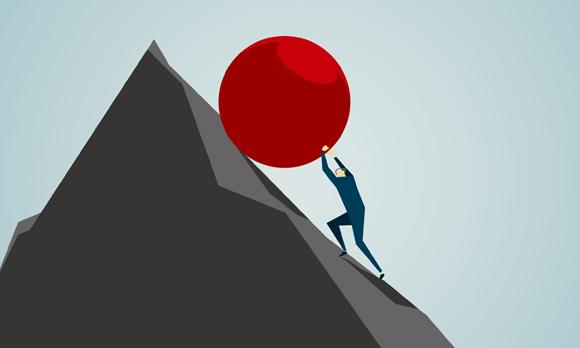Written by: Foo Siew Jack
In an era where distractions are as common as the next traffic stop, it is of no surprise that society and hence ourselves, are losing our grip on the issues that matter most. If an armed conflict happens somewhere in the Middle East, the authorities will react immediately. However, if there is a hungry child on the streets of Niger begging for food – he can wait. Simply put, we have an innate bias for one thing over another, even if it is harder and the outcome is less desirable.
This is the reality of the world right now, and I believe the root cause of it all is our own individual mindset: one that lacks focus and discipline, the two attributes that were foremost championed by our ancestors.
In our daily college lives, it seems intuitively pointless to do anything that counteracts our performance – be it in the classroom or outside on the field. Yet we do these things, and we do them without a second of thought or consideration. In toto, we tend to act in a backwards or regressive manner that inhibits rational behaviour and produces irrational outcomes.
This is a consequence of our individual perceptions of the world which compel us to think abstractly – this thinking, coupled with our inability to identify what matters less and what matters more makes for a deadly cocktail indeed. Clearly, obtaining focus and prioritising effectively is difficult, but at the end of the day, everything good does come pricier than everything bad: a contemporary issue. Heck, even a bowl of salad costs more than a week’s worth of junk food.
I remember having this conversation with a close friend of mine whilst having dinner a few months back, and we were discussing a topic along the lines of psychology to sociology to some other -logy relevant to the subject at hand – and yes, we’re nerdy like that, but that’s not the point. The fact of the matter is that the human psyche, as we concluded from our lackluster exchange, is moulded through a process illustrated by something Buddha used to say and I quote, “…We become what we think.” This mindful statement is undoubtedly true and fits well with the topic discussed in this article – focus; that we can be engineered to become anything as long as we have the stimulus stemming from within our own consciousness.
So how can we take charge of our focus – the origin of our problems? Very simple. We take extreme ownership of our day-to-day activities through self-awareness of our behaviour instead of being bounded by societal pressure and norms. A few examples of these societal factors could be anything from excessive alcohol consumption to skipping classes to simply trying to “fit in” as a result of peer pressure. Luckily, however, these can be combated by just checking your ego at the door and achieving complete cohesion of yourself and your goals. In layman terms, just be less restrictive towards the perspective of others and be more open for the greater benefit of yourself – make an assessment of egocentric behaviours, and listen with the intent to understand.
Furthermore, learning to stop blaming others for our own shortcomings, learning to stop disregarding problems that exist for self-satisfaction and learning to stop scouring for excuses to find an easy way out are just a few of the myriad of ways we could take accountability for our actions. As revealed by Socrates the legendary Greek classical philosopher, “My friend… care for your psyche… know thyself, for once we know ourselves, we may learn how to care for ourselves”. As such, this quote correlates with the theme at hand because it highlights the hard questions we have to ask ourselves just to achieve this thing called self-awareness, or the conscious apprehension of one-self; a great intangible, immaterial and incorporeal wingman that could help in achieving this ownership.
Therefore, I believe that ego can be yielded in a way advantageous for us as long as it is utilised as a driver to compete with strong passion. However, it can be a liability if untamed. If we take the effort to turn this behaviour instinctual, then by no means can any obstacle remain a challenge without being faced with an iron fist.

Now go and slam your life’s hurdles with a steel chair or drop-kick your biggest fears into the ground (and let it stay there)!



